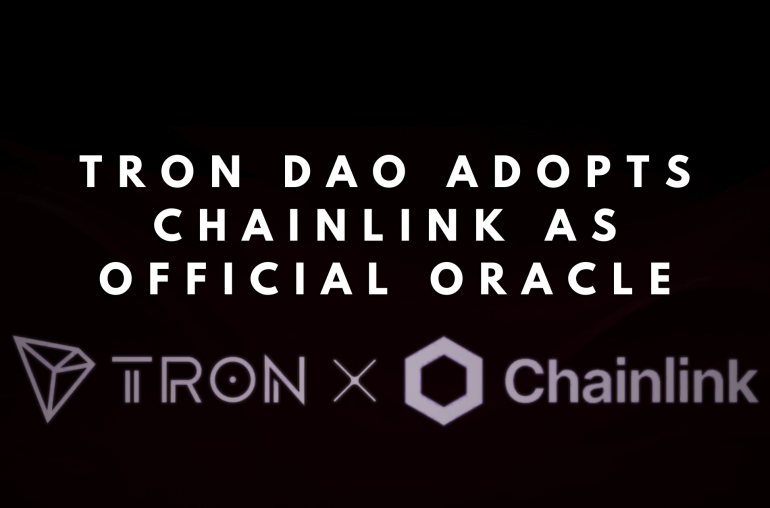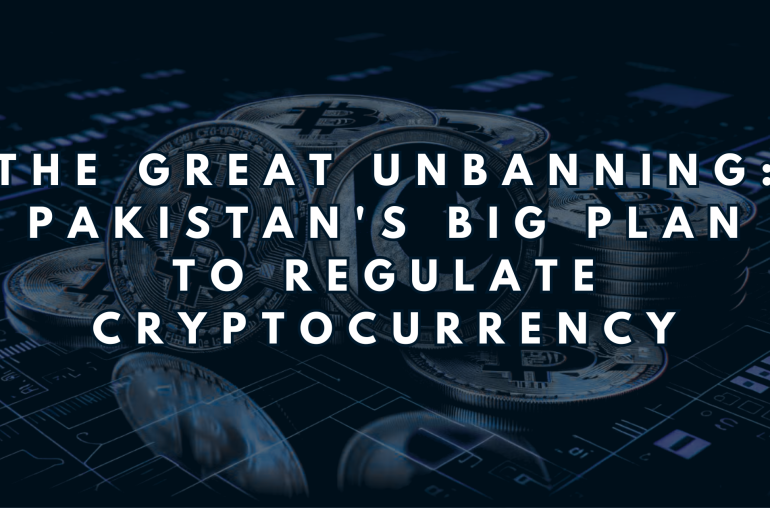The world of cryptocurrency is at a fascinating inflection point.
Nations are grappling with how to regulate, adopt, or even leverage digital assets.
Recent news highlights two starkly different approaches emerging from opposite corners of the globe:
Pakistan and the United States.
While Pakistan cautiously explores regulation amidst concerns, the US, under a new (or returning) administration, seems to be making a bold leap into crypto adoption.
Let’s dive into these diverging paths.
Pakistan’s Measured Steps
Pakistan’s approach, as highlighted by recent discussions, is characterized by caution and a strong emphasis on regulation.
The nation is home to a significant number of crypto users – over 20 million – operating largely in an informal market.
This reality is pushing the government to consider a more formal stance, but not without significant deliberation.
Key concerns voiced by Pakistani stakeholders revolve around:
Security and Control
Ensuring Pakistan retains control over its crypto infrastructure to prevent speculation and enhance security is paramount.
As Malik Muhammad Bostan, Chairman of the Exchange Companies Association of Pakistan (ECAP), suggests, the government is looking to develop mechanisms to monitor crypto activity, potentially through the central bank.
Money Laundering
While some believe crypto adoption could deter money laundering, the inherent anonymity associated with some cryptocurrencies remains a concern for regulators worldwide.
Economic Impact
Pakistan is carefully weighing the potential impact of crypto on its economy, seeking guidance from countries like the US on best practices.
To navigate this complex landscape, Pakistan is considering establishing a National Crypto Council.
This council, envisioned as an advisory body, would bring together government representatives, regulatory authorities, and industry experts to oversee policy development and address regulatory challenges.
The goal is to ensure a “secure, compliant, and sustainable” digital asset ecosystem.
However, not everyone agrees on the necessity of a new council.
Zafar Paracha, Secretary General of ECAP, argues that the existing central bank, the State Bank of Pakistan (SBP), already possesses the expertise needed.
He cautions that creating a new council could lead to delays in implementing crypto regulations.
Despite the cautious approach, there’s a growing recognition within Pakistan that crypto is already a reality.
Finance Minister Muhammad Aurangzeb has urged authorities to approach crypto with an “open mind,” acknowledging its prevalence in the informal market and the need to “be ahead of the cycle in terms of the regulatory regime.”
Also read: “Be Ahead of the Cycle” says Pakistan’s Finance Minister urging Big Banks to invest in Crypto
The US’s “Crypto Capital of the World” Ambitions
Across the world, the United States seems to be charting a dramatically different course, particularly with pronouncements from former (and potentially future) President Donald Trump.
Trump’s recent announcement of a national strategic crypto reserve signals a significant shift towards embracing cryptocurrency.
This proposed reserve, reportedly including major cryptocurrencies like Bitcoin and Ethereum, alongside altcoins like XRP, Cardano, and Solana, is framed as a move to:
- Boost the Crypto Industry: Trump criticizes the previous administration’s “corrupt attacks” on the crypto industry and aims to “elevate this critical industry.”
- Establish US Dominance: His ambition is clear: to make the US “the crypto capital of the world.”
- Counter Inflation and Store Value: The crypto reserve is presented as an alternative store of value, similar to gold, and a hedge against inflation.
- Legalize Seized Assets: The reserve could also provide a framework for managing and utilizing cryptocurrencies seized in criminal investigations.
The market reaction to Trump’s announcement was immediate and significant, with prices of Bitcoin, Ethereum, and altcoins surging.
This highlights the considerable influence US policy decisions can have on the global crypto market.
This move represents a notable turnaround, especially considering Trump’s past skepticism towards Bitcoin.
Now, he seems to be actively courting the crypto industry, mirroring a broader trend of governments recognizing the growing importance of digital assets.
Contrasting Philosophies: Caution vs. Boldness
The difference between Pakistan and the US’s current approaches is striking.
Pakistan is prioritizing careful regulation and risk mitigation, moving cautiously to formalize its stance.
The US, at least rhetorically, appears to be embracing crypto with open arms, aiming for global leadership and potentially leveraging crypto as a strategic asset.
Several factors might explain these contrasting paths:
Economic Context
Pakistan, like many developing nations, may be more risk-averse and focused on financial stability.
The US, as a global economic power, may feel more confident in taking bold steps and potentially shaping the future of crypto.
Regulatory Maturity
The US, despite past crackdowns, has a more developed regulatory framework for traditional finance, providing a base to potentially build upon for crypto.
Pakistan is still in the early stages of developing its crypto regulatory landscape.
Political Motivations
Political leaders in both countries may see crypto differently.
In the US, embracing crypto may be seen as a way to appeal to a tech-savvy voter base and project economic innovation.
In Pakistan, the political focus may be on managing risks and ensuring financial stability.
Global Implications and the Road Ahead
The contrasting approaches of Pakistan and the US underscore the diverse perspectives on cryptocurrency globally.
Pakistan’s cautious approach reflects concerns shared by many nations about the risks associated with unregulated crypto markets.
The US’s apparent embrace, if it materializes into concrete policy, could signal a significant shift towards mainstream adoption and potentially influence other countries to follow suit.
Ultimately, the path forward for crypto regulation and adoption remains uncertain.
Whether caution or boldness prevails, the coming years will be crucial in shaping the global crypto landscape and determining how nations like Pakistan and the US will integrate digital assets into their economies and societies.




